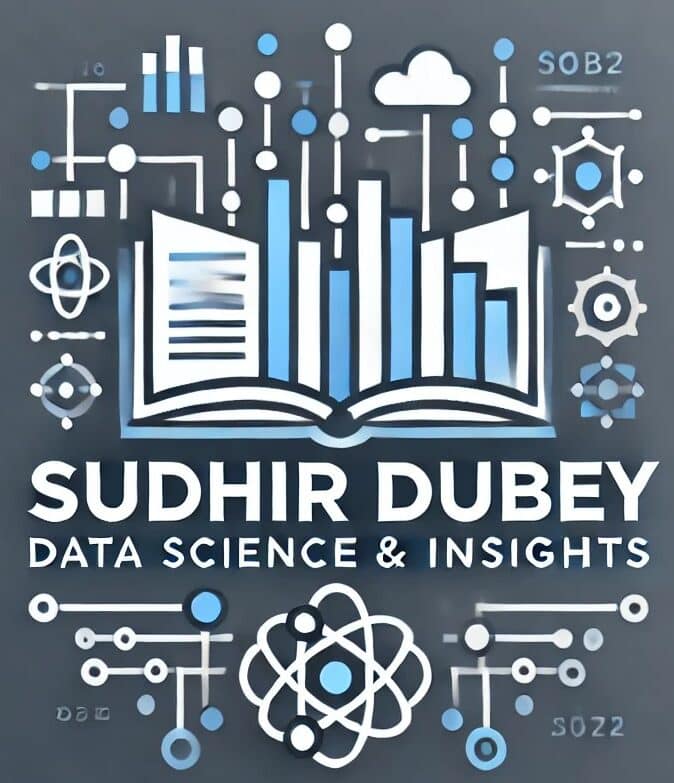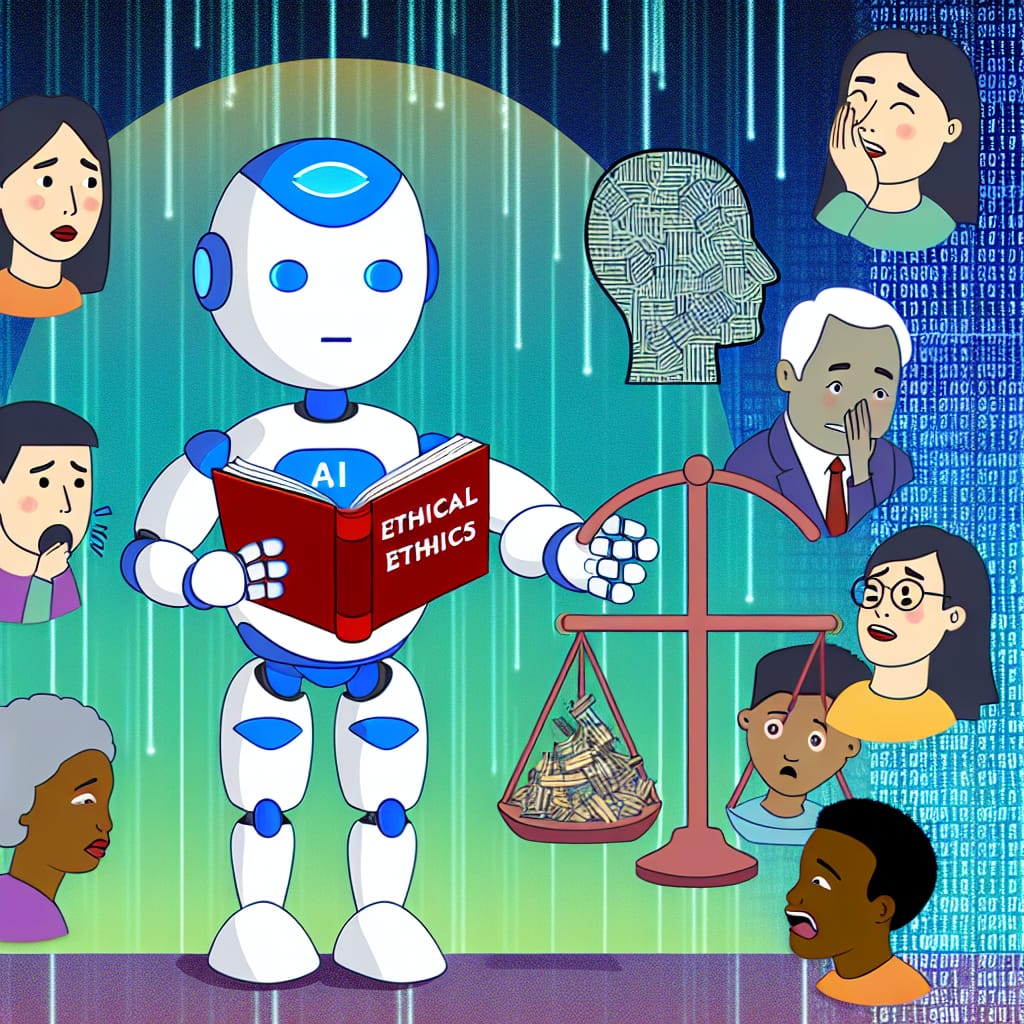AI Ethics 2025: Essential Insights for Ethical AI
In a digital era where Artificial Intelligence (AI) interweaves into our daily lives and industries, the significance of AI ethics cannot be overstressed. As AI continues to evolve, professionals in AI and Data Science increasingly confront the ethical challenges posed by this technology. This article aims to provide a comprehensive overview of AI Ethics and how it can be attained, offering insights applicable to both AI professionals and enthusiasts.
What is AI Ethics?
AI Ethics refers to the moral principles guiding the development and deployment of AI technologies. It encompasses issues such as fairness, transparency, accountability, and privacy. Ethical AI ensures that AI systems operate in ways that are consistent with societal values and legal statutes.
Importance of Ethical AI
Ethical AI is crucial to preventing bias, discrimination, and privacy invasions, fostering trust and acceptance among users. For instance, in healthcare, ethical AI can enhance decision-making without compromising patient privacy or introducing bias into diagnosis processes.
Emerging Trends in AI Ethics
Regulatory Frameworks
Governments globally are crafting regulations to create transparent and accountable AI systems. These frameworks aim to standardize ethical norms across industries.
Bias Mitigation Techniques
Data scientists are actively researching techniques to eliminate biases in AI models, ensuring equitable outcomes for diverse demographic groups.
Explainable AI (XAI)
Explainable AI is gaining traction, enabling users to understand AI decision-making processes, thereby fostering trust and facilitating ethical compliance.
Real-World Examples of AI Ethics
Facial Recognition Technologies
Significant ethical questions have been raised regarding facial recognition technologies, which have led to stringent regulations such as the European Union’s GDPR framework.
Automated Hiring Systems
Companies utilizing AI for hiring are implementing ethical guidelines to prevent and mitigate biases that could lead to discrimination.
Achieving Ethical AI
Effective achievement of ethical AI requires a multi-stakeholder approach, involving policymakers, technologists, and end-users. Establishing solid guidelines, continuous monitoring, and robust feedback loops are crucial for maintaining ethical standards.
Challenges and Solutions
One of the primary challenges is the inherent bias in training data. Solutions involve diverse data collection and constant AI model auditing. Furthermore, balancing privacy with functionality remains a concern, necessitating innovative privacy-preserving techniques like federated learning.
FAQs
What are some ethical issues in AI?
Common ethical issues include bias, privacy breaches, and lack of transparency in AI decision-making processes.
Why is AI ethics important?
AI ethics ensure that AI respects human rights, promotes fairness, and functions transparently, maintaining societal trust.
How can AI biases be mitigated?
AI biases can be mitigated through diverse data sets, regular audits, and employing bias-reduction algorithms during model development.
What role do regulations play in AI ethics?
Regulations provide a framework to ensure AI systems are built and deployed responsibly, aligning with societal values and legal requirements.
Conclusion
The journey towards ethical AI is ongoing and requires a consistent alignment of technological advancements with ethical standards. AI professionals must prioritize ethical considerations to foster sustainable and trustworthy AI systems. As we look into the future, continuous learning and adaptation play crucial roles in developing ethical AI practices. Explore more on AI and its ethical implications by visiting our AI blogs, GenAI blogs, and Data Science blogs. To stay informed about the latest developments in AI, subscribe for updates.



